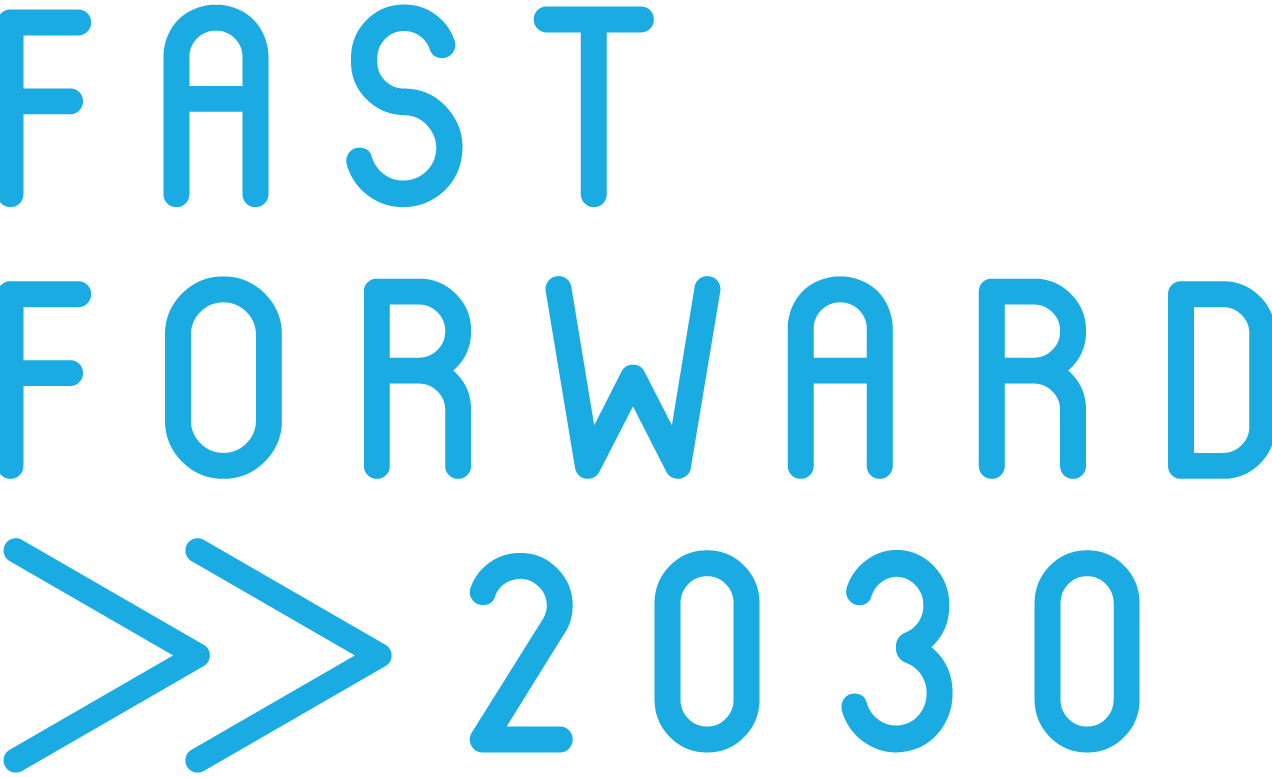SDG 16: Peace, Justice and Strong Institutions in Protecting Fundamental Freedoms
Have you ever faced this dilemma: How do you react when facing or witnessing an injustice? Would you speak up even if it puts your life at risk? This dilemma has cost Lebanon a heavy price, from the many brilliant minds who fled the country to the heroes who were killed because they had the courage to stand up for their compatriots.
That was the price for holding freedom of speech, democracy and diversity of faith and opinion at the top of our values as a nation. Hence, Lebanon has witnessed more than 40 political assassinations since the acquisition of its independence. The targets all have a common trait: Their sense of leadership and influence. They're the ones who made a difference by calling out oppressors, perpetrators and foes of a system deemed untouchable.
That makes the value of Sustainable Development Goal 16: Peace, Justice and Strong Institutions, defending the quality of life of your fellow human beings and collective community by inviting ongoing evaluation. One of its most important targets that we, as Lebanese people, hold dear and have fought hard to maintain:
16.10 Ensure public access to information and protect fundamental freedoms in accordance with national legislation and international agreements.
What is peace?
Peace can be to live and let live, allowing life to take its course freely. Living in peace relies upon a balance between equality and freedom. It’s upholding the vigilance to create the best life quality possible for all individuals in a community.
An inclusive community where each individual is valued and every voice counts. A community that provides security at different levels, thus maintaining a healthy environment, protecting each person's integrity, well-being and vigilance for securing basic needs.
What is justice?
Justice, although an abstract concept, has been shaped by measuring actions, decisions and collective agreements on the creation of systems that benefit the greater good of the collective community by weighing their outcomes. Weaving those systems year after year relies on what was learned from experience, from continuously paying attention to citizens' needs and aspirations.
Knowing how and where to set the web of virtual boundaries that preserves each and everyone's freedoms and rights. Building institutions that communities can refer to also relies on determining each person’s responsibilities. Hence, the importance of leveraging accountability.
A sense of purpose
Institutions evolve from feedback loops of engaged citizens and passionate professionals who create the conditions of well-informed decision-making. Hence investigations, fact-finding, building a database and relying on scientific truth-seeking methods are crucial. That, in combination with a poetic passion for describing the well-perceived realities in the clearest light and love for the people at the receiving end. Journalism plays a crucial role in investigating and communicating those facts. Facts form building blocks to sounder social contracts and institutional foundations.
Welcoming Debate
Can journalism be completely objective? A person is the object of their experiences and perceptions. Therefore diversity, differences and even conflict are expected and invited. The openness to debate and presenting conflicting points of view can be geared towards a constructive outcome that challenges people's judgement. Citizens are led to formulate their own opinions by doing their investigations.
Moreover, a judgement that sees all sides of a square includes all different experiences and concerns. For that, the internet and its capacity to spread information for free is an impactful supporting factor. What is left is the discernment of the truthiness of the presented facts. It's a democratization of information that invites all to participate in the decision-making process, which is a great evolution for mankind.
The Courage to Speak Up
We owe our freedom to all the people who stood up courageously for what served the greater good of our country, some of whom sacrificed their lives to stand by the truth they know and communicated it uncompromisingly so that we, as a people, recognize oppression, indignity and breach of basic human rights. By their stance, they passed the baton to an entire generation that is also raising its voice and expressing itself in more vivid colours.
Violence and corruption have been destroying Lebanese institutions systematically since before the civil war, and we, as citizens today, pay a heavy price financially and with the dwindling quality of our life but most importantly with our basic freedoms.
In December, the United Nations focused on Sustainable Development Goal 16: Peace, Justice and Strong Institutions, which presents a critical leverage point for Lebanon if tackled profoundly in all its targets. One of the most important targets that present a leverage point to maintaining peace and justice and the ongoing strength and development of institutions is allowing the space and freedom of critical expression.
A key component to highlighting wrongs and shifting systems to ones that serve life's greater good. Ironically in that same month in 2005, Lebanon lost a dear role model idealised by an entire generation that aspired to a truly sovereign country: Gebran Tueni.
